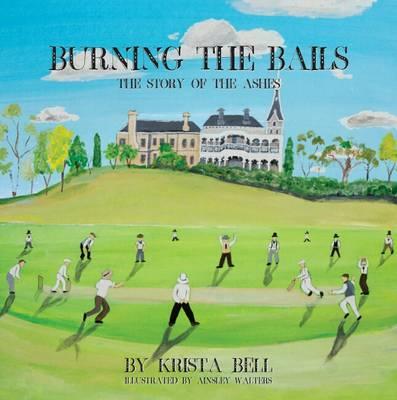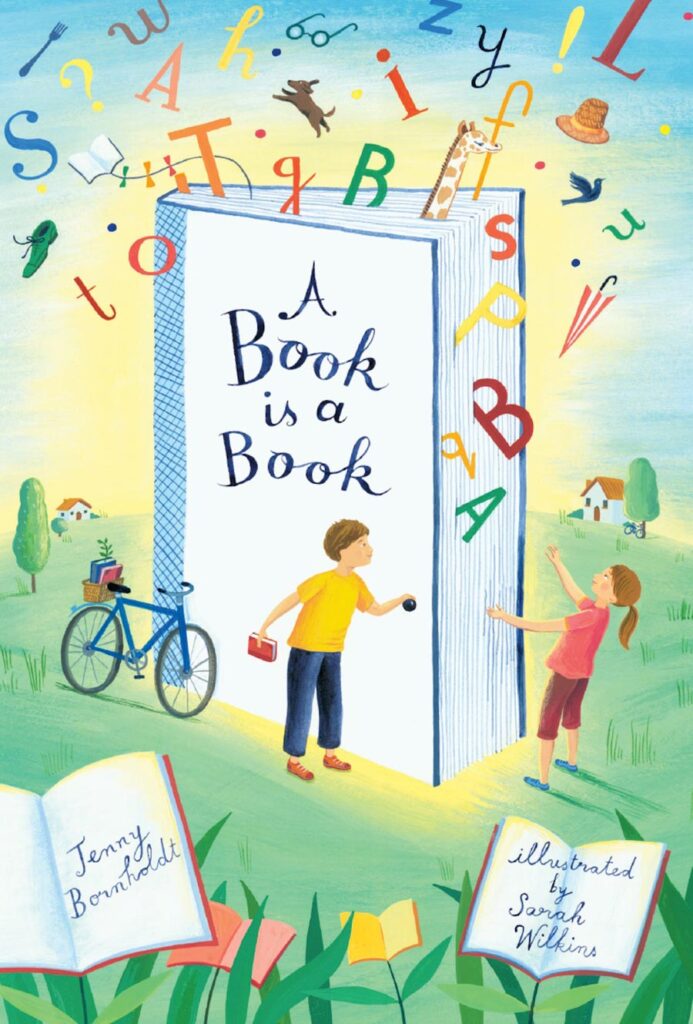Yuot A. Alaak, Father of the Lost Boys: The Mecak Ajang Alaak Story, Fremantle Press, June 2023, 160 pp., RRP $17.99 (pbk), ISBN 9781760993900
This is one of the most remarkable stories you are ever likely to read. And yet, it is a story that is true of tens of thousands of other children and their famiies in a world riven by wars and hunger.
Born in 1979 in the tiny town of Majak not far from the River Nile in South Sudan, Yuot’s story follows the journey of his father, Ajang, as a leader and educator of his people, and then the dangers, treks, and starvation of his family when civil war broke out in Sudan in 1983. With his mother, sister and half brother Yuot walked the many hundreds of kilometres from his home town to one of the largest refugee camps in Africa at Pinyudu, just inside the Ethiopian border in order to escape being massacred by northern government forces. As they walked with thousands of others, lions and hyenas picked off any who fell behind.
Ajang was jailed and tortured, then reported to be dead. Months after the traditional ceremonies and mourning period had been completed, the family learned he was alive after all, though still imprisoned. Yuot eventually joined that section of the camp reserved for the Lost Boys, 20,000 of them. At ten years of age Yuot trained to become a soldier. Released from prison but still under guard, Yuot’s father managed to escape to Ethiopia and re-join his family. He took charge of the 20,000 boys in the camp, setting up open-air schools and vegetable gardens for them.
When Ethiopian forces turned to hunting down South Sudanese refugees, Ajang organised the boys’ escape back into Sudan across the crocodile-infested, torrential River Gilo, ferried by the dozen canoes they had. When Ethiopian soldiers arrived, they slaughtered hundreds who had not yet crossed. Then, with South Sudanese armies at war with each other, Ajang (who was himself a target for assassination) took the 20,000 boys on foot across nearly 700 kms to the safety of Kenya under bombing, guerrilla attacks, and the constant threat of predation from wild animals. And this is only the bones of the story of a family that eventually arrived in Adelaide under the United Nations Refugee program.
Be prepared for the telling to overwhelm you. This is a book for its times, and Fremantle Press are to be lauded for producing this edition, a version prepared and suitable for younger readers. Teaching notes are available at the their website.
Reviewed by Kevin Brophy





